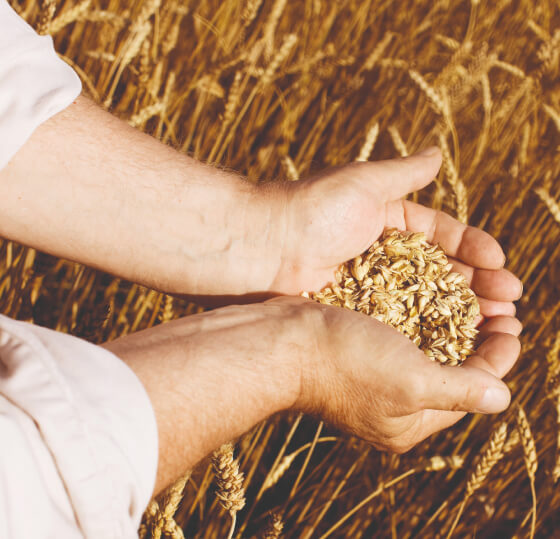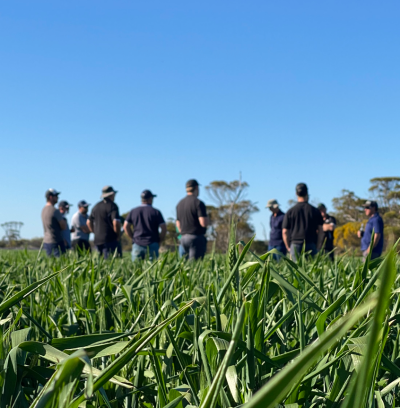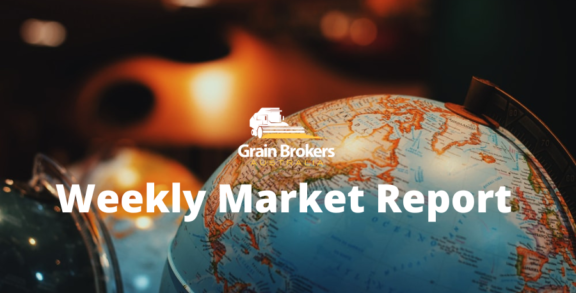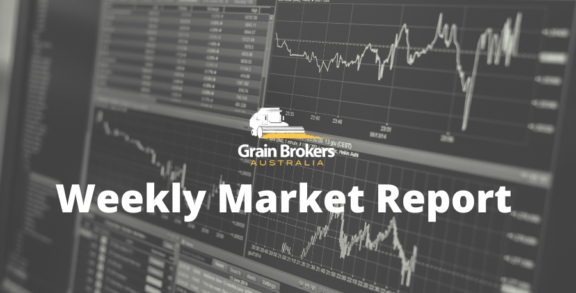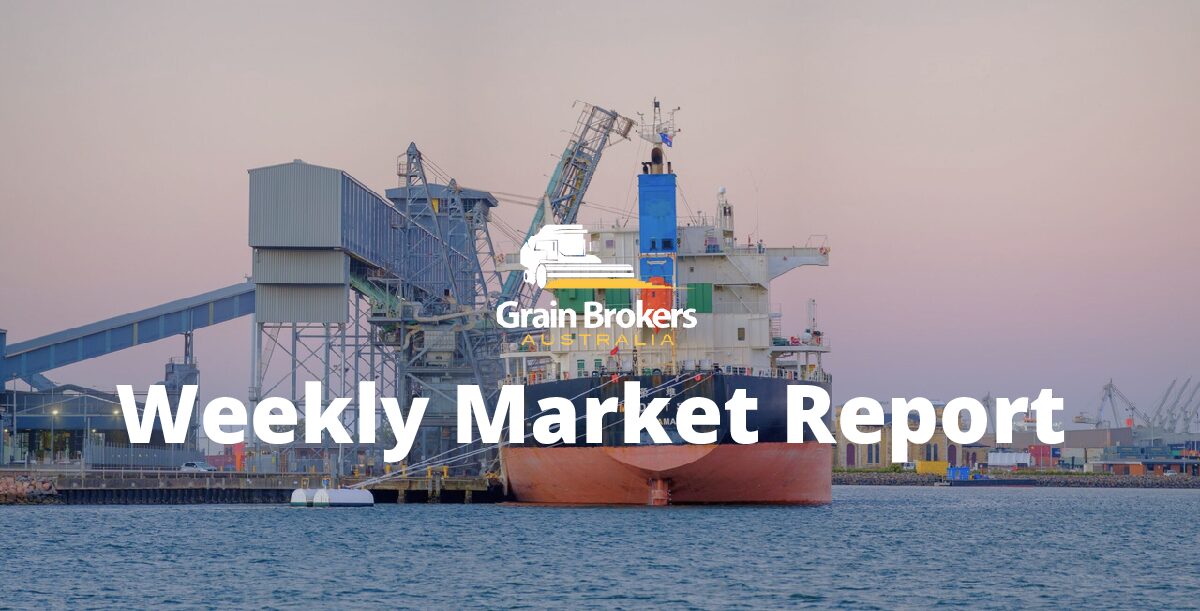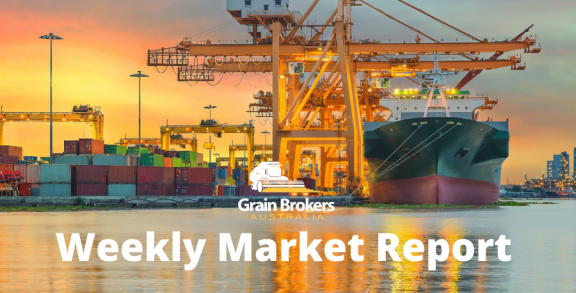
Global wheat markets rose sharply last week after Russian President Vladimir Putin called for a review of the Ukraine grain export corridor deal, accusing the West of deception and claiming that Russia and the developing world had been cheated by the United Nations brokered deal.
According to Russia’s Foreign Ministry, the deal to allow the shipment of Ukrainian grain and vegetable oils from its Black Sea ports is being executed poorly, and an extension will depend on how the agreement is implemented for the balance of the initial 120-day period.
Moscow’s comments highlight the perilous situation in the Black Sea region due to the Russian invasion of Ukraine more than six months ago and the subsequent imposition of Western sanctions against Moscow.
The original deal was struck to help avert global famine by injecting more wheat, corn, sunflower oil, fertiliser and other products into world markets, including for humanitarian needs. The deal, signed by Ukraine, Russia, Turkey and the United Nations, also facilitates Russian exports. Putin understands that the food market is universal and agreed to the deal out of fear of being blamed for global famine. With higher global supply, lower prices would follow, easing the cost of food for developing nations.
And the increasing flow of grain shipments from Ukraine’s Black Sea ports since the agreement’s inception in late July led to a steady decline in the price of wheat futures along with a decrease in the export value of both Ukrainian and Russian supplies. The initial reaction of corn futures and export prices was also lower, but production issues in Europe and the United States have overshadowed the supply boost and reversed that price trend.
However, President Putin claimed last week that if the leading recipient Turkey was excluded, the vast majority of Ukrainian grain shipped under July’s landmark deal had gone to rich European nations rather than poor countries in the developing world. He also claimed that Western countries were not doing enough to reduce the logistical difficulties faced by Russian exporters in light of their sanctions.
But Ukraine’s Foreign Minister Dmytro Kuleba has denied the claims, stating that two-thirds of the ships thus far were destined for countries in Asia, Africa, and the Middle East. He also claimed that the recovery in Ukrainian food exports had led to a reduction in global food prices in August. The United Nations and the United States agree, saying it is working just fine, fulfilling the original intention of keeping food prices in check.
Furthermore, the export data does not support Putin’s claim. Analysis of Ukrainian shipping lineups since the flow of grain resumed reveals exports of more than 2 million metric tonne under the export corridor agreement. Around 400,000 metric tonne has been shipped to African nations, and more than 600,000MT has gone to Asia and the Middle East. Turkey has received just over 457,000MT, and other European ports have cleared 842,000MT. Around 67 per cent of the exports were corn, 22 per cent wheat, 5 per cent barley and 6 per cent other agricultural produce.
Amongst the African importers, Egypt was the third-ranked individual country by total volume, while recent cargoes have also been dispatched to Djibouti, Kenya, Libya, Somalia and Sudan. Additionally, as the world’s biggest exporter of flour, some of the grain discharged at Turkish ports is likely to have been milled and re-exported as flour to developing countries in Africa, Asia, and the Middle East.
Turkish President Tayyip Erdogan, who played a lead role in negotiating the original deal, and his Russian counterpart, plan to discuss the implementation of the export corridor agreement when they meet on the sidelines of a summit of leaders of the Shanghai Cooperation Organization in Uzbekistan later this week. Erdogan, who can ill afford a breakdown in the Ukraine deal, has supported Putin’s criticism of its performance.
Putin says that he will be seeking amendments to the terms of the deal, which expires in November, explicitly limiting the countries that can receive shipments before it is extended. Putin’s comments have raised fears that the pact could unravel if it cannot be successfully renegotiated. Desperate to keep Russia engaged in the process, Erdogan is expected to urge Moscow to send Russian exports through the UN-backed Black Sea corridor.
Moscow says logistical sanctions and restrictions on Russian ships entering Western ports or securing insurance restrict Russia’s access to world markets. It claims that easing these restrictions was part of the export corridor deal. The trouble is the cost of insurance is a measure of perceived risk, and almost all of the Black Sea risk at the moment is at the hand of Putin himself.
New crop Russian wheat exports may be trailing last season’s pace by around 20 per cent, but they are still flowing relatively freely. Conversely, despite the Black Sea export corridor, Ukrainian sales volumes are currently running at around 30 per cent of those of the same time in 2021, heightening the global consumer’s reliance on supply from alternate origins.
Putin’s protestations come with Russia on the cusp of being only the third nation globally to breach the 100 million metric tonne wheat production benchmark. Last week, Russian agriculture consultancy IKAR declared that the country’s record crop of 86MMT, set in 2020/21, had already been broken. It announced that it had raised its forecast for this season’s wheat harvest to 97MMT, adding that it put export potential at 46MMT. Russian export capacity is the biggest challenge to that goal, as well as the self-inflicted sanctions arising from his invasion of Ukraine.
It is hard to see Russian motivation for the continued support of the Black Sea corridor in its current form. Ukraine receives much needed revenue from the export sales, which it then uses to fund the defence of its sovereignty. Putin has no interest in seeing Ukraine benefit from international grain sales, undercutting Russian export prices, while farmers are harvesting a bumper domestic wheat crop and the pace of his enormous export program is sluggish.
Call your local Grain Brokers Australia representative on 1300 946 544 to discuss your grain marketing needs.
